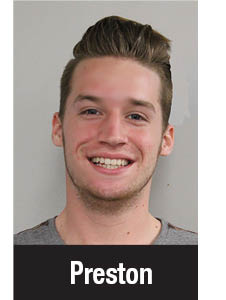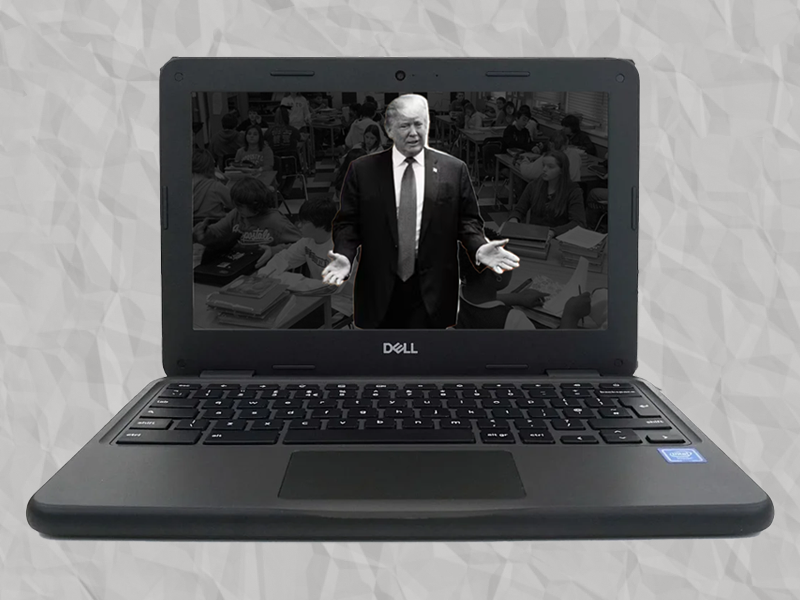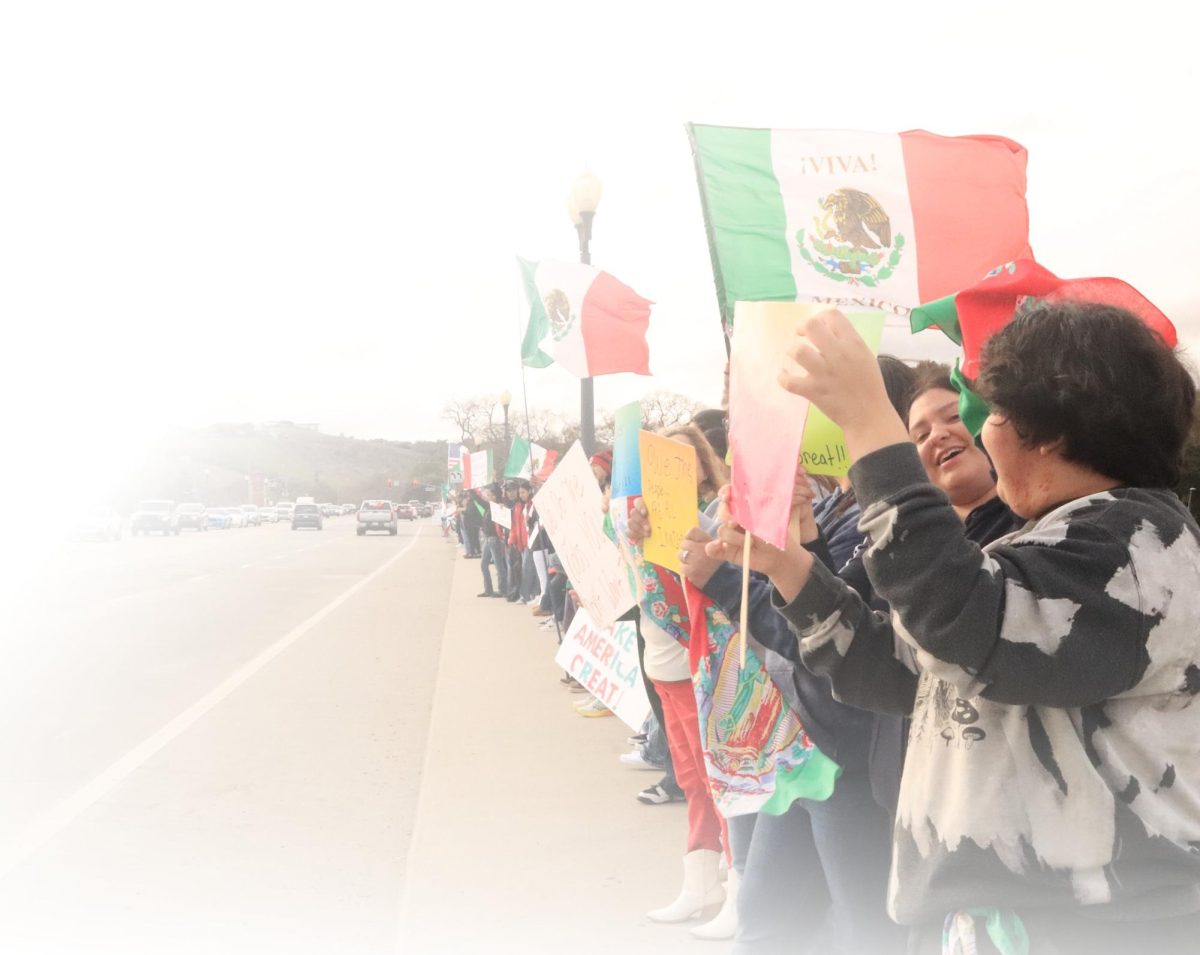The ballot is an untapped resource for teens
 An invisible plague grips the American Democracy in ugly talons; the name of this plague is young voter apathy. This pathogen has swept across our nation’s political landscape since the passing of the 26th Amendment. Despite being the most politically advocative age bracket, individuals aged 18-25 are the least likely to vote in the general and primary elections, according to the Center for Information & Research on Civic Learning & Engagement (CIRCLE). In fact, in the 2012 general election, less than 45 percent of eligible young voters actually cast their ballot.
An invisible plague grips the American Democracy in ugly talons; the name of this plague is young voter apathy. This pathogen has swept across our nation’s political landscape since the passing of the 26th Amendment. Despite being the most politically advocative age bracket, individuals aged 18-25 are the least likely to vote in the general and primary elections, according to the Center for Information & Research on Civic Learning & Engagement (CIRCLE). In fact, in the 2012 general election, less than 45 percent of eligible young voters actually cast their ballot.
But why does youth voting matter? Can’t we just let the adults handle it like everything else? The answer is a resounding no. If you’ve ever harbored a political thought, expressed a belief or opinion, or are not currently 100 percent okay with the way the world and our country is, you are obligated to vote. According to CIRCLE, there are 39 million voter-eligible senior citizens, who happen to be the most likely to vote. Young people sit at 46 million eligible voters, and as stated, the youth are far less likely to vote. Youth voters have every opportunity and reason to let their views be validated and passed into legislation.
The solution to young voter apathy lies in the public school system. If we’re going to have the privilege of participating in a  democracy, we ought to have voter registration booths at all public high schools. Even though in California voter registration is only a few clicks on the state website, registration would be much more accessible if brought to high schools directly for eligible seniors. CIRCLE reports that employment and education are the two biggest factors that bar young voters from casting a ballot, even providing polls at high school campuses, very similar to college campuses, would very likely raise the number of youth voters.
democracy, we ought to have voter registration booths at all public high schools. Even though in California voter registration is only a few clicks on the state website, registration would be much more accessible if brought to high schools directly for eligible seniors. CIRCLE reports that employment and education are the two biggest factors that bar young voters from casting a ballot, even providing polls at high school campuses, very similar to college campuses, would very likely raise the number of youth voters.
If we wish to rear a generation that maybe will not be controlled by a charismatic autocrat, or at least one that votes, we must begin to take civics education seriously. A CIRCLE study conducted during the Obama-Romney campaign found that young voters who had received a high quality, multi-year long civics education course were more likely to vote and understood their candidate of choice’s stances on political issues better than their less-educated counterparts. In California, and many other states, all it takes for the school system to say you’re ready to make an educated vote is a semester long civics course. To me, this is a bit silly, and civics education should be held in a much, much, higher regard. The fact that civics education is not a four year commitment puzzles me if we are going to have a functional democracy that includes as many eligible, educated voters as possible.
If you are eligible to vote, you must fulfill your obligation to make the future a better place. Those content and pacified need not vote. Register to vote and show up on election days, and seek accurate, empirical information whenever you can. Draw your own conclusions and block out voices urging you to do the opposite.







